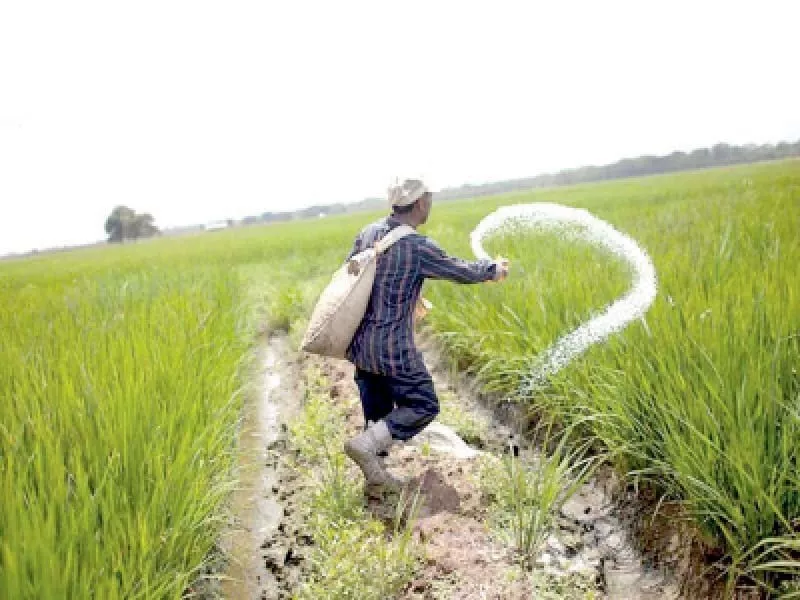Islamabad, May 7, 2025: In a significant move that could reshape Pakistan’s agricultural economy, the federal government is planning to raise the federal excise duty on fertilizers to 10% and introduce a new 5-10% duty on pesticides in the upcoming FY2025-26 budget.
This step, part of the broader strategy to meet a towering tax revenue target of Rs. 14.3 trillion, is expected to generate an additional Rs. 50 billion.
This shift will hit the agriculture sector hard, as it will also be subject to fresh agricultural income tax rates of up to 45%—effective from July but retroactively applicable to income earned since January.
These measures were pre-agreed under Pakistan’s ongoing deal with the International Monetary Fund (IMF), which urges reforms in untaxed or under-taxed sectors like agriculture.
The IMF has long criticized Pakistan’s low taxation on agricultural inputs. It argues that minimal or zero excise duty on fertilizers and pesticides distorts prices and fails to capture revenue from a large and influential economic sector.
Despite political pushback, particularly from opposition parties, the federal government has pledged to stick with these taxation reforms as part of its fiscal consolidation roadmap.
In another potential change, the government is reviewing a proposal to lower the super tax rate on high-income individuals and corporations from 10% to 8%.
However, this reduction will only proceed if alternative revenue streams are identified.
Read More: FERTILIZER SUPPLY DISRUPTED: Sindh Blockades Threaten National Food Security
The super tax has been a contentious issue, especially among corporate giants who argue it stifles investment.
Meanwhile, the budget may also narrow the scope of tax-free benefits in Special Economic Zones (SEZs)—reducing the exemption period from 10 years to 9.
Additionally, no new SEZ tax holidays will be approved or extended moving forward.
Critical negotiations with the IMF are scheduled to resume on May 14, where final tax measures will be hammered out.
The Rs. 14.3 trillion tax target marks a 16% increase over the current year’s revised goal, making it one of the most ambitious revenue plans in Pakistan’s history.
Will higher taxes on farmers help Pakistan stabilize its economy, or push food prices even higher? Share your thoughts and stay tuned as the budget battle unfolds.









